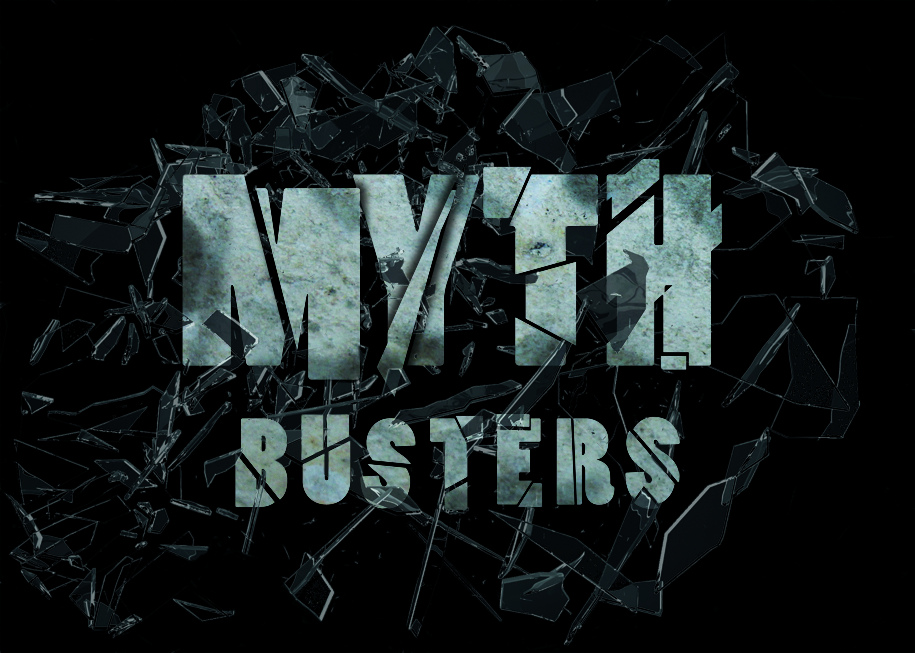
There’s a lot of information out there about what you should do to keep your home more efficient. Unfortunately, a lot of it is untrue or misleading. Here are some of the most common or misleading energy efficiency myths CUB found, so you can avoid the mistakes and still save money.
Appliances don’t use energy when turned off
A large number of electric appliances, like DVD players, TVs and phone chargers, can’t be switched off completely without unplugging them or turning off the power strip they’re connected to. Even some gas appliances have electronic transformers, microchips or LEDs that use electricity. This “phantom power” costs you money with little to no benefit.
Smart power strips help you slay vampire power, by saving energy on devices using stand-by power—they’re plugged in and sapping power but aren’t being operated at the time. Vampire power on average costs families about $19 billion a year, according to the National Resource Defense Council.
It’s cheaper to leave lights on than it is to turn them off and on
Leaving an incandescent light on actually uses more energy than turning it off and on at will, and the same can be said for LED bulbs. However, if you are using compact fluorescent light (CFL) bulbs, it should be left on if it’s needed within five minutes. Turning CFLs on and off frequently will shorten the life of the bulb itself. There is no negative effect on LED bulbs when turning them off and on.
In winter, it takes more energy to warm a house up in the morning than to just leave the thermostat on the same setting all night
Setting your thermostat at least eight degrees cooler before you go to bed and warming the house in the morning uses less energy and saves you money.
Ceiling fans just add to your cooling costs
A ceiling fan can be an air conditioner’s best friend. You can turn the thermostat up a few degrees and help people feel cooler with fans by moving the air in the room. But, remember: Fans cool people, not rooms, so turn them off when the room is unoccupied.
Homes need to breathe, so when adding insulation it is a mistake to seal it too tight
To reduce heating and cooling costs, you should first make your home as airtight as possible. Add controlled or mechanical venting to encourage good airflow when it is needed. A leaky house will “breathe,” to be sure, but the air that penetrates into living spaces will likely be contaminated with spores, odors and moisture picked up from inside the house’s walls. Not only can it bring in allergens, it also costs you money from the air escaping.
Setting thermostats higher/lower will heat or cool the home faster
It might be tempting when you get home on a hot day to turn down the thermostat so your home gets comfortable as quickly as possible. However, plunging the temperature won’t cool your home any faster than if you put it on the usual temperature. The same is true when jacking up the thermostat in the winter.

